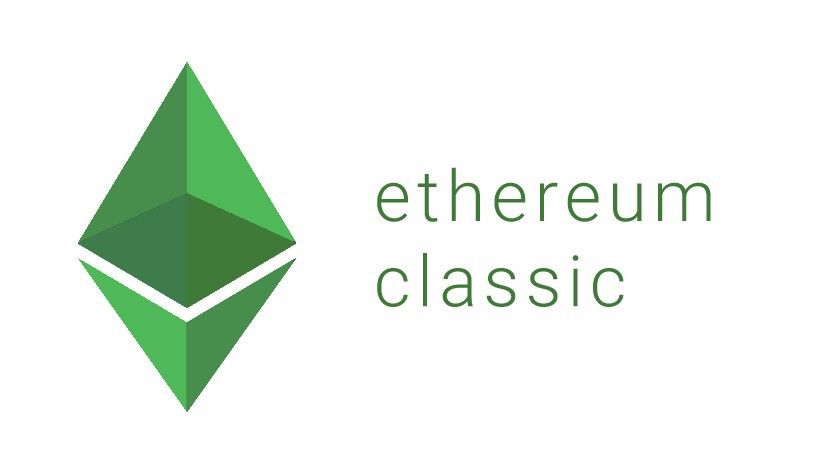Vitalik Buterin Pioneers a Fresh Approach to Decentralize Ethereum Staking
Vitalik Buterin, Ethereum’s Co-founder, Proposes Penalizing Validators Based on Deviation from Average Failure Rate
Ethereum co-founder Vitalik Buterin recently proposed a method to promote greater decentralization within the Ethereum network by implementing penalties for correlated failures among validators.
In a post on March 27 to the Ethereum Research forum, Buterin advocated for reinforcing decentralized staking through “anti-correlation incentives.” His idea suggests that if multiple validators controlled by the same entity experience failures simultaneously, they would face more severe penalties compared to individual failures.
Buterin highlighted the likelihood of correlated failures among validators within the same cluster, such as staking pools, often sharing infrastructure. His proposal involves penalizing validators based on their deviation from the average failure rate, with higher penalties imposed when numerous validators fail in a given slot.
Also, read- Ethereum’s ‘BlobScriptions’ Soar, Carrying Blob Fees Along for the Ride
By simulating this approach, Buterin believes it could diminish the advantage enjoyed by larger Ethereum stakers over smaller ones, as significant entities are more prone to causing spikes in failure rates due to correlated failures.
The proposed benefits include encouraging decentralization by necessitating separate infrastructure for each validator and making solo staking economically competitive relative to staking pools.
Buterin also suggested exploring other penalty schemes to mitigate the advantage of larger validators over smaller ones, as well as assessing the impact on geographical and client decentralization.
However, Buterin did not address the possibility of reducing the staking amount from the current 32 Ether, which is approximately valued at $3,560. This omission may be noteworthy, considering the popularity of staking pools and liquid staking services like Lido, which enable participation with smaller amounts of ETH.
As of now, Lido boasts $34 billion worth of ETH staked, representing about 30% of the total supply. While these services have gained traction, Ethereum advocates and developers have raised concerns about the dominance and potential “cartelization” of platforms like Lido, which could lead to outsized profits compared to non-pooled capital.
Stay informed with daily updates from Blockchain Magazine on Google News. Click here to follow us and mark as favorite: [Blockchain Magazine on Google News].
Get Blockchain Insights In Inbox
Stay ahead of the curve with expert analysis and market updates.
latest from tech
Disclaimer: Any post shared by a third-party agency are sponsored and Blockchain Magazine has no views on any such posts. The views and opinions expressed in this post are those of the clients and do not necessarily reflect the official policy or position of Blockchain Magazine. The information provided in this post is for informational purposes only and should not be considered as financial, investment, or professional advice. Blockchain Magazine does not endorse or promote any specific products, services, or companies mentioned in this posts. Readers are encouraged to conduct their own research and consult with a qualified professional before making any financial decisions.

 Bitcoin
Bitcoin  Ethereum
Ethereum  Tether
Tether  XRP
XRP  Solana
Solana  Dogecoin
Dogecoin  USDC
USDC  Lido Staked Ether
Lido Staked Ether  Cardano
Cardano  TRON
TRON  Avalanche
Avalanche  Toncoin
Toncoin  Chainlink
Chainlink  Wrapped stETH
Wrapped stETH  Shiba Inu
Shiba Inu  Wrapped Bitcoin
Wrapped Bitcoin  Sui
Sui  Hedera
Hedera  Stellar
Stellar  Polkadot
Polkadot  WETH
WETH  Bitcoin Cash
Bitcoin Cash  Hyperliquid
Hyperliquid  LEO Token
LEO Token  Uniswap
Uniswap  Litecoin
Litecoin  Pepe
Pepe  Wrapped eETH
Wrapped eETH  NEAR Protocol
NEAR Protocol  Ethena USDe
Ethena USDe  USDS
USDS  Aave
Aave  Internet Computer
Internet Computer  Aptos
Aptos  Cronos
Cronos  POL (ex-MATIC)
POL (ex-MATIC)  Mantle
Mantle  Ethereum Classic
Ethereum Classic  Render
Render  WhiteBIT Coin
WhiteBIT Coin  Monero
Monero  Bittensor
Bittensor  Dai
Dai  MANTRA
MANTRA  Artificial Superintelligence Alliance
Artificial Superintelligence Alliance  Arbitrum
Arbitrum  OKB
OKB 



